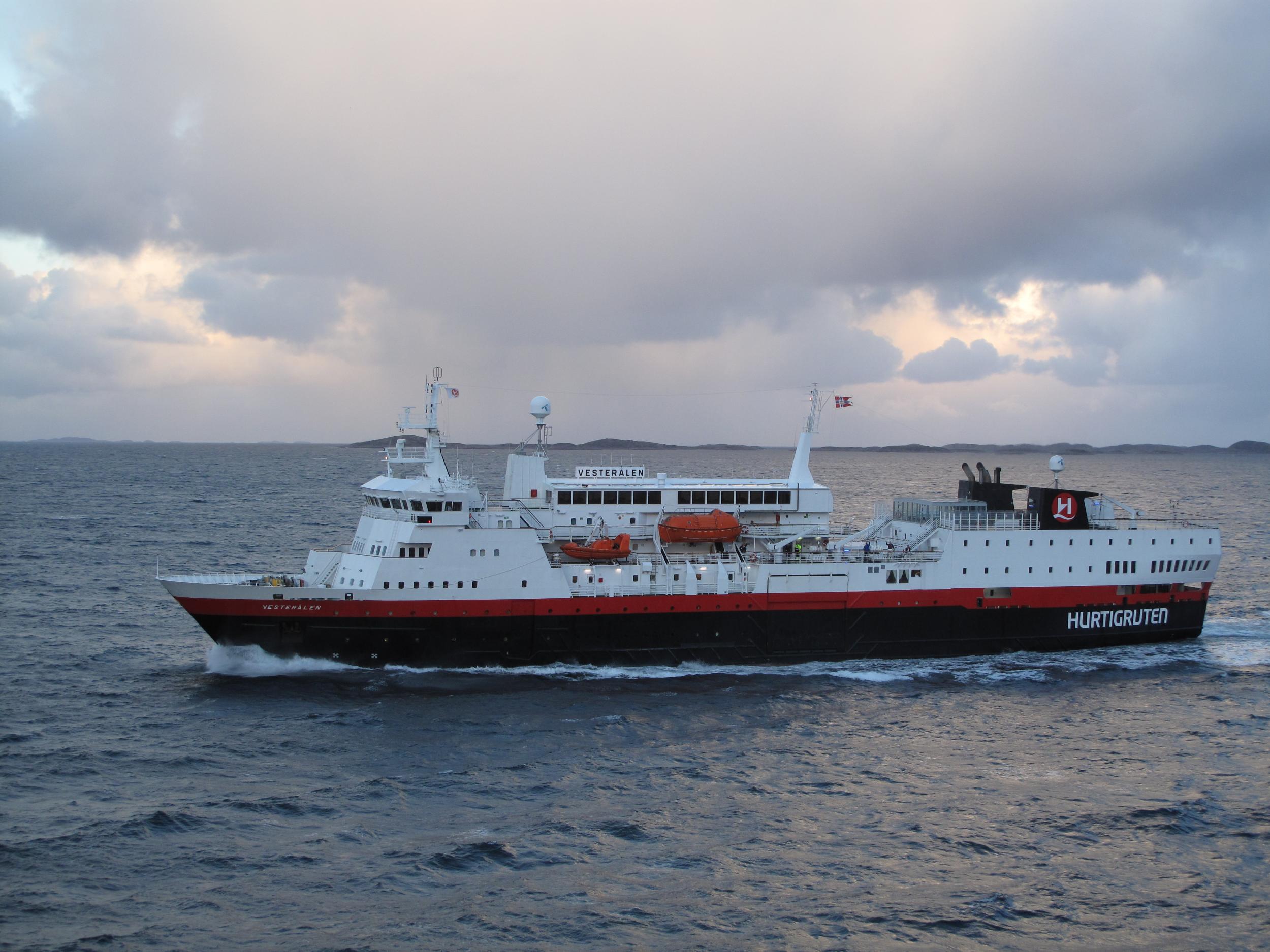Goggles, not Google, could be the key to holiday inspiration
Sometimes taking the virtual reality headset off lands users in a more surreal environment, finds Simon Calder

Your support helps us to tell the story
From reproductive rights to climate change to Big Tech, The Independent is on the ground when the story is developing. Whether it's investigating the financials of Elon Musk's pro-Trump PAC or producing our latest documentary, 'The A Word', which shines a light on the American women fighting for reproductive rights, we know how important it is to parse out the facts from the messaging.
At such a critical moment in US history, we need reporters on the ground. Your donation allows us to keep sending journalists to speak to both sides of the story.
The Independent is trusted by Americans across the entire political spectrum. And unlike many other quality news outlets, we choose not to lock Americans out of our reporting and analysis with paywalls. We believe quality journalism should be available to everyone, paid for by those who can afford it.
Your support makes all the difference.Reality seems so weird already that I wonder whether we need to create any more of the stuff, in the shape of virtual reality.
As Big Ben struck noon on Wednesday, for example, I went along to Old Palace Yard in Westminster in London to cover the latest twist in the bitter dispute between British Airways and members of the Unite union working as mixed-fleet cabin crew. They are on strike for almost all of July and were due to meet some Labour MPs who back them.
About 200 people, none of whom looked like elected representatives or mixed-fleet cabin crew, were dressed in green and chanting “Jesus lives”.
It turned out that the space opposite Parliament had, rather poetically, been overbooked. The cabin crew were relegated to College Green, the “basic economy” patch of the Westminster village.
After a few hundred more chants of “Jesus Lives”, the green team packed up and the strikers’ delegation was allowed to upgrade to Old Palace Yard.
A galley-full of Labour MPs came across from the House to meet them, including the Shadow Chancellor, John McDonnell, whose west London constituency includes Heathrow. He praised the strikers for organising “the most beautiful picket lines I’ve ever been on”.
I sought Mr McDonnell’s advice on solving the dispute. “Here we have a group of workers who simply can’t reach an agreement,” I said. “What can we do to sort this out?”
Before the Shadow Chancellor could draw breath, a voice heckled from behind: “There’s a group of management that won’t reach an agreement.”
The voice belonged to Dennis Skinner. This was my first encounter with the legendary “Beast of Bolsover”.
“It takes two to get a strike,” said the Labour MP who was first elected in 1970, a few months after the Boeing 747 first took to the skies. “Always remember that. But you, as being part of the BBC establishment, don’t fully understand.”
After that surreal encounter, in my role as part of The Independent establishment I cycled off to meet Magnus Zetterberg and go kayaking around Antarctica. Virtually.
Mr Zetterberg is Hurtigruten’s managing director for this part of the world. Hurtigruten, as you probably know, is the coastal ferry that every day connects Bergen with dozens of smaller communities around the west, north and east coasts of northern Norway, as far as the Russian border.
For decades the shipping line has been topping up the passenger numbers with British visitors in search of a cut-price cruise along the beautifully corrugated coastline. The firm is now rapidly expanding its adventure cruise business.
“We don’t want to do what the ‘white ships’ do,” said Magnus – in other words, to steer beyond what companies like Norwegian Cruise Line (incorporated in Bermuda, by the way) offer.
“We do excursions that are more intimate.” And he invited me to don a pair of virtual reality goggles to see what he meant.
If you have yet to get your head around virtual reality, imagine your head is enclosed in a globe, and that a cleverly shot 360-degree film is being projected onto the inside (this is all make-believe, so envisage away).
As you move your head left or right, up or down, the image shifts accordingly. So if the price tag for a trip to the deepest south looks too steep, you can gaze around the coastal waters of Antarctica while someone paddles you through a dazzling seascape beneath an endless sky.
Hurtigruten will be sharing the experience through travel agents and at holiday exhibitions to help drum up business, and on board ships to sell local excursions. “It will help people understand what’s involved,” said Magnus, giving the example of a hike: expectations for a Swiss person will be different from those of a British person.
Virtual reality gives the traveller what to expect. But fortunately for Hurtigruten and its rivals, travel goggles are no match for reality in all its constant strangeness.
Join our commenting forum
Join thought-provoking conversations, follow other Independent readers and see their replies
Comments